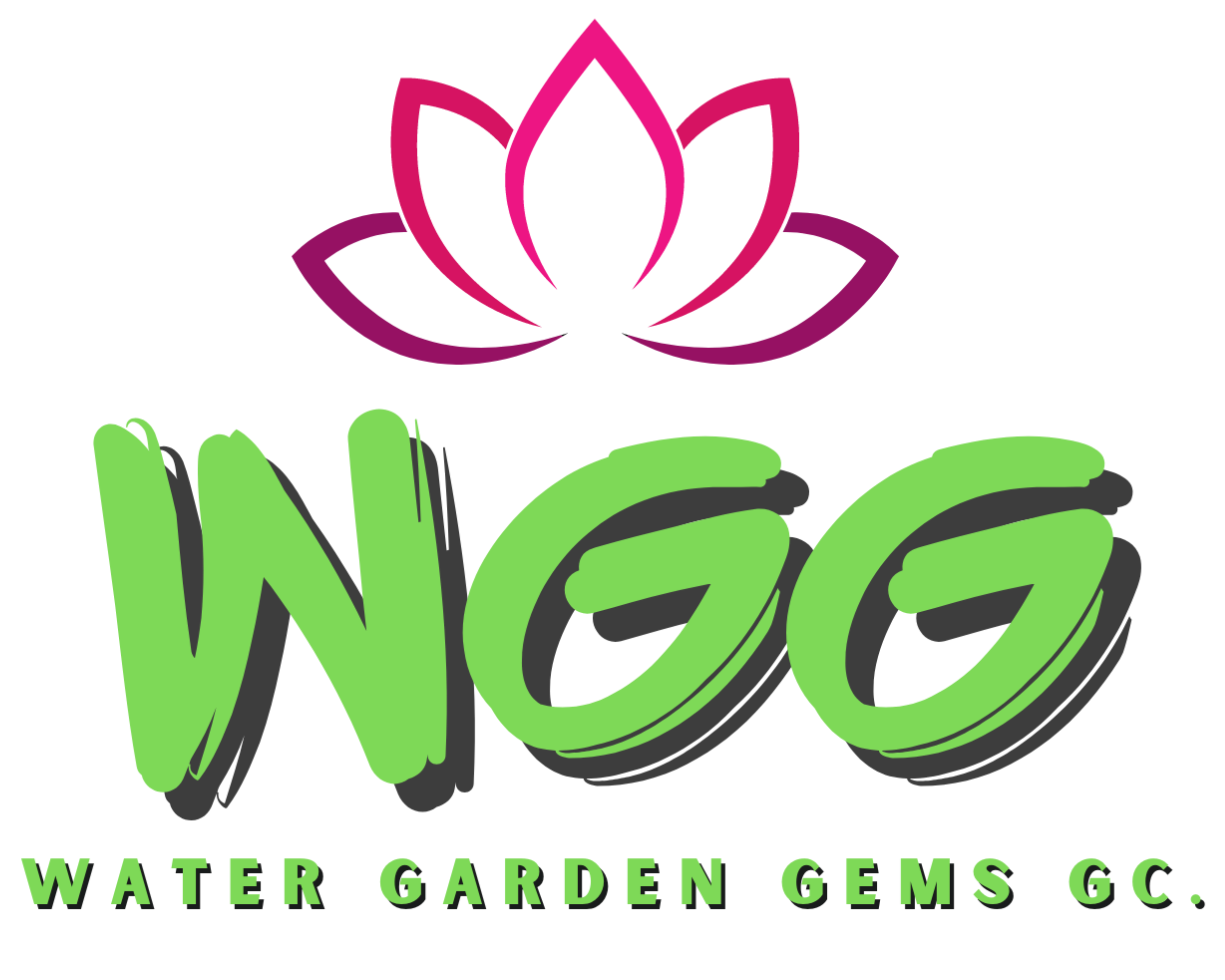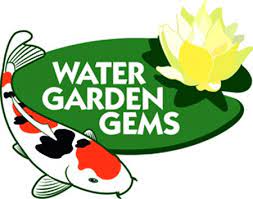


Aqueon
Aqueon Nutrinsect Tropical Flakes - 1.59oz
Nutrinsect™ Tropical Fish Flakes are 100% fish-free, matching the types of food your tropical fish prefer eating in the wild. The plant- and insect-based formula is designed to be tasty, color-enhancing, and meet your fish's daily nutritional needs. And because the food is so digestible, it leads to less waste, better water quality, and more active fish. This helps you create a thriving, healthy ecosystem where your fish feels right at home. And flakes that float near the top of the water are sometimes preferred by fish.
Because Nutrinsect™ is 100% fish-free, choosing this product also helps preserve the earth's oceans. Overfishing is a huge issue. Each year, millions of tons of fish are harvested for fishmeal and other commercial uses, which puts a massive strain on the ocean's fragile ecosystem. The Nutrinsect™ formula doesn't use any fish products, helping protect the world's fish resources.
- FISH-FREE FOOD — Matches what your tropical fish eat in the wild.
- SUSTAINABLY SOURCED — Helps preserve the earth's oceans.
- PLANT- AND INSECT-BASED FORMULA — Meets daily nutritional needs.
- HIGHLY PALATABLE — Means your tropical fish will crave this food.
- COLOR-ENHANCING — Helps your tropical fish's color pop.
- EASILY DIGESTIBLE — Leads to less waste, better water quality, and more active fish.
Most tropical fish don't want to eat other fish in their natural environment. Instead, they prefer eating algae, insects, and small crustaceans. But you might be surprised to learn that most aquarium fish foods tend to include exactly what they don't want: products made with fish, like fishmeal or fish oil.
The Nutrinsect™ 100% fish-free formula provides what your tropical fish truly crave: a plant- and insect-based diet. The tropical fish formula includes ingredients like dried mealworms, dried black soldier fly larvae, algae, freshwater shrimp, dried kelp, and more.
As an added bonus, the insects used are all sustainably grown. Some are fed food that would otherwise go to waste, while others are naturally grown in lakes and ponds and require minimal land to be farmed.


